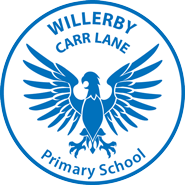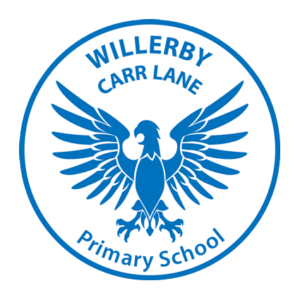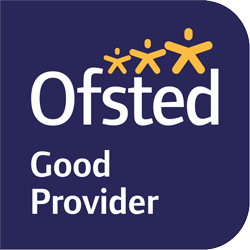Home-School Partnership
We wish to create a culture of learning, where children are happy, enthusiastic, motivated and ambitious. We encourage mutual respect, support and collaboration between all adults and children, both within the school and the wider community.
We believe that it is important to provide a secure, caring and stimulating environment for all our children, thereby promoting a sense of pride in our school. This can be done most effectively when all staff, parents and children understand their responsibilities and work together towards the same goals.
The excellent reputation enjoyed by the school is built on the effective partnership between home and school. Parents are always welcome here. If you have any concerns about things happening at home or at school, don’t keep it to yourself, please let us know as soon as possible.
In the first instance, you may want to talk to the class teacher. Quick messages can be passed over in the morning; if you want a longer chat, please arrange to meet after school. If you are still concerned, you may want to make an appointment with the Headteacher.
All the staff at WCLPS are approachable and ready to discuss the welfare of children in their care.
Working in Partnership for Success
The school will support you by:
In turn we expect that you will:




